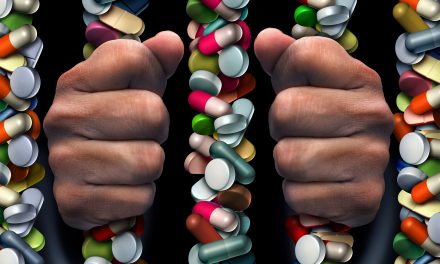A new study has found that Triclosan, a chemical used in many antibacterial soaps, inhibits muscle activity in individual human heart cells, mice and minnows.
Smithsonian Magazine states, “The antibacterial substance, which was first developed in the 1960s to prevent bacterial infections in hospitals, has since been incorporated into everything from hand soaps to toothpastes to mouthwashes. Manufacturers see it as a marketing bonus, increasing consumer confidence that a particular product kills harmful bacteria. Even some household products—such as kitchen utensils, toys and bedding—include triclosan.”
Studies are showing that the chemical can disrupt the endocrine systems of several animals, preventing the thyroid hormone from functioning properly by binding to receptor sites in the body. One study, done by researchers at the University of California, found that the chemical hinders human muscle contractions at the cellular level and inhibits normal muscle functioning in both fish and mice.
In an important message, the FDA declared that there is no evidence supporting the idea that these antibacterial soaps are any more beneficial to health than conventional soap and water.
(Minnesota has even banned the use of triclosan, effective 2017.)
*Article originally appeared at Minds.












